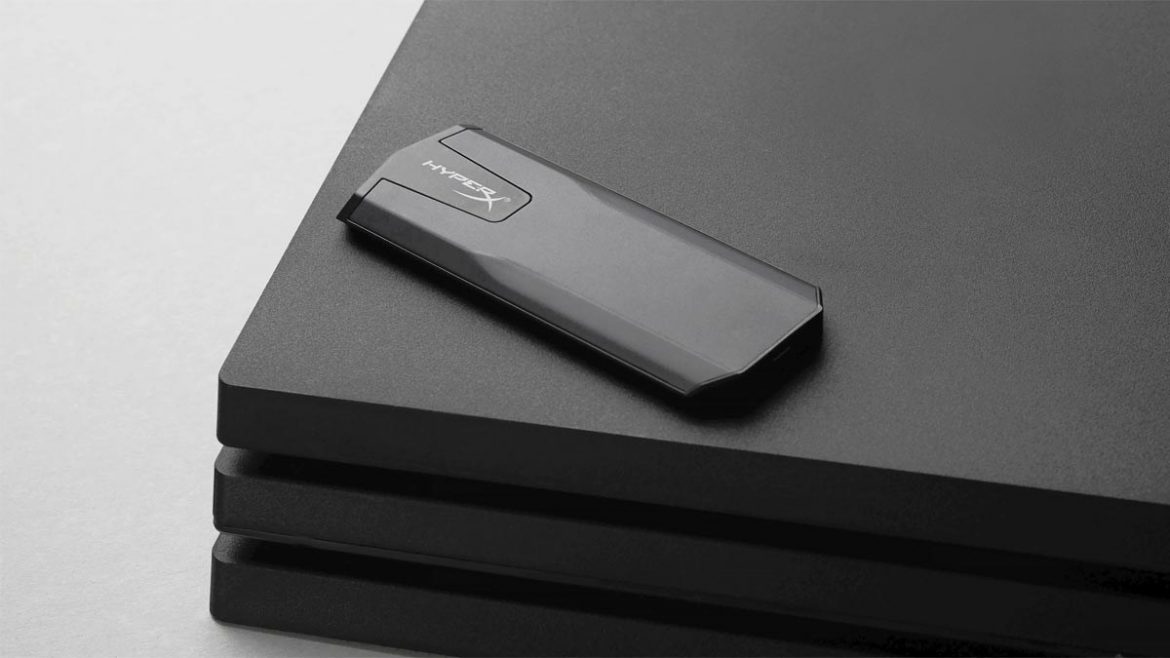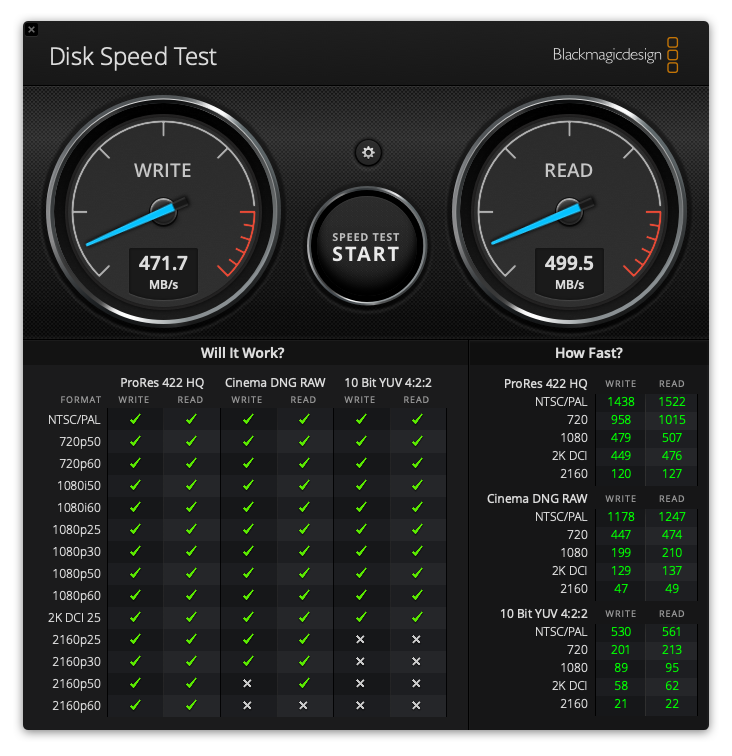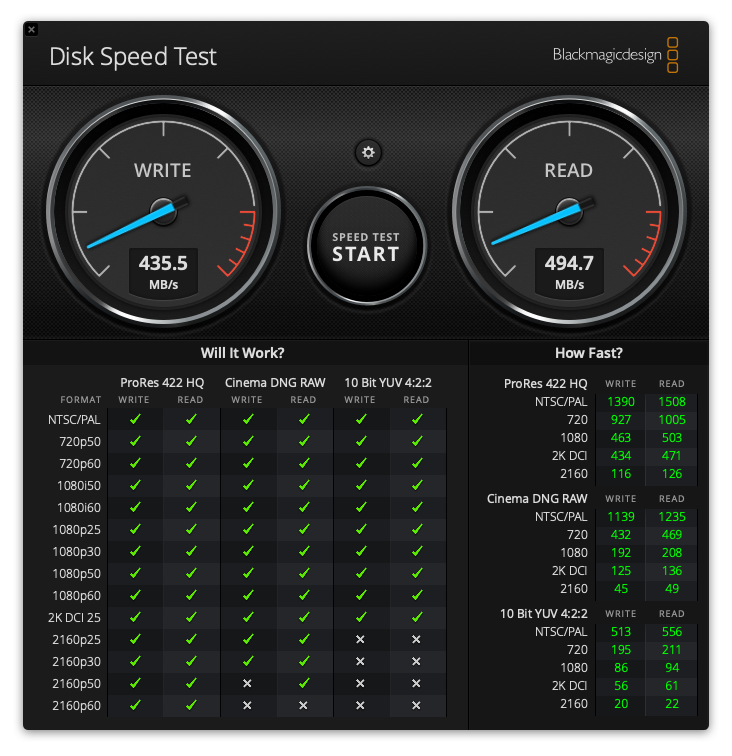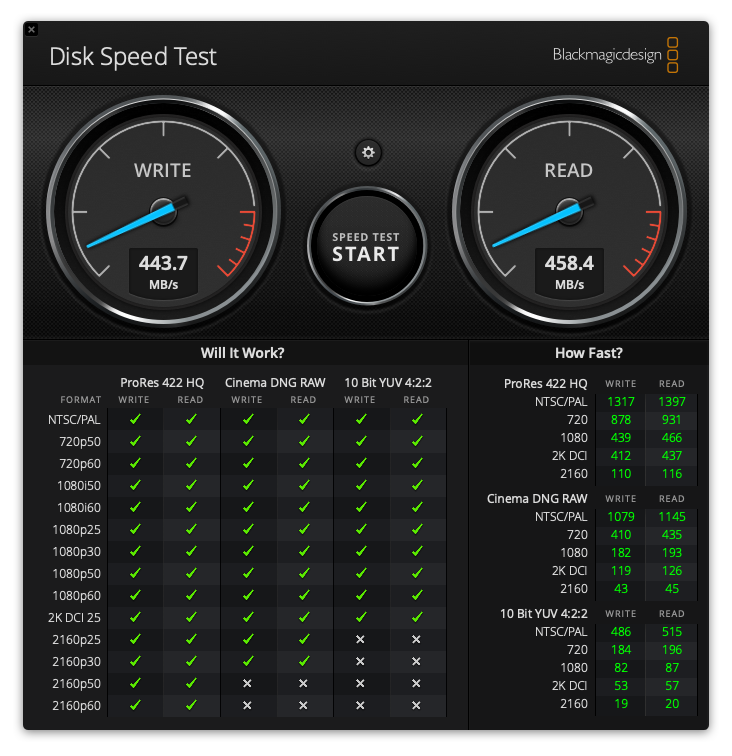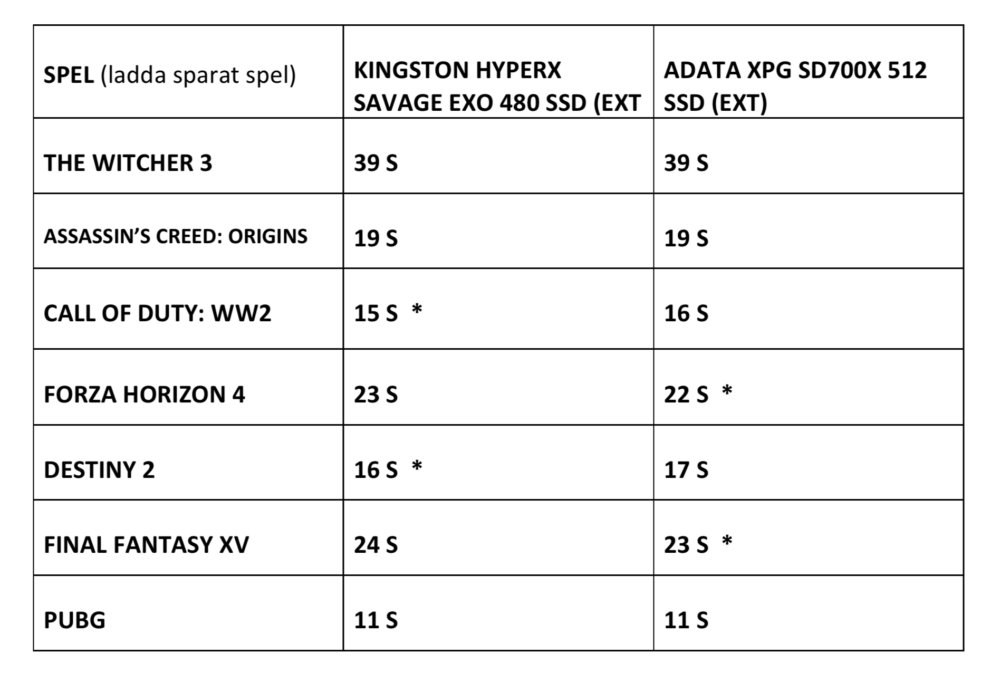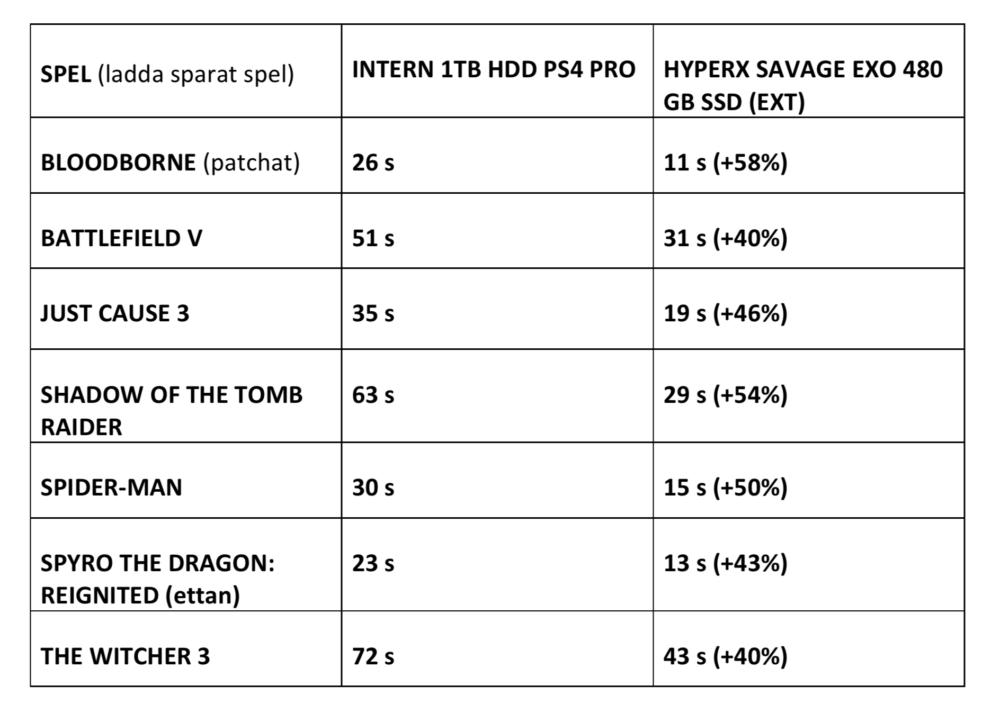TL;DR
The Kingston HyperX Savage Exo external SSD offers a sleek design and strong performance with USB 3.1 Gen 2 speeds, making it a great upgrade for game consoles like the PS4 and Xbox One. It significantly cuts down game loading times, especially on PS4 Pro, improving overall gaming fluidity. While its performance is similar to competitors like the ADATA XPG SD700X, it boasts versatile USB-C connectivity. If you're looking to speed up your console gaming experience and appreciate modern connectivity, dive into the full review to see if this SSD is the right fit for you.
We are pleased to observe the increasing prevalence of SSDs, driven by advancements in manufacturing, technology, and production volumes. The Kingston HyperX Savage Exo is an external SSD featuring a USB 3.1 Gen 2 interface and a USB-C port. While it lacks a Thunderbolt 3 port, which represents a further step in SSD speed capabilities, the USB 3.1 Gen 2 interface allows Kingston to position the Savage Exo as a suitable solution for game consoles, which currently do not support Thunderbolt 3. The Exo is also compatible with other devices, including Mac and Windows computers. This review will assess its performance and competitive standing.
The Savage Exo presents a sleek and compact design. Its slim, metallic enclosure and included USB-C to USB-A and USB-C to USB-C cables make it suitable for desktop use as well as integration with PS4 or Xbox consoles. Employing 3D TLC NAND flash memory, a common choice for SSDs in this price range, the drive offers a capacity of 480 GB. While slightly smaller than the more typical 512 GB, the difference is marginal after accounting for reserved space for formatting. We commenced testing immediately to evaluate its performance.
The drive is pre-formatted with the ExFAT file system, ensuring compatibility with a broad range of modern devices.
The Savage Exo effectively meets Kingston’s stated specifications of 500 MB/s read and 480 MB/s write speeds, remaining within the margin of error. This represents a strong level of performance, exhibiting approximately 15% improvement compared to the ADATA XPG SD700X SSD, its recently tested competitor, as measured by benchmark software on a computer.
We then investigated the performance of different file systems on macOS – APFS versus Mac OS Extended Journaled (HFS+). Benchmark testing indicated comparable performance between the two formats:
Beyond synthetic benchmarks, real-world performance is a critical factor. We replicated the Xbox One X game loading tests performed on the ADATA drive, presenting the comparative results below.
The results demonstrate nearly identical real-world performance, with variations falling within a negligible margin. This suggests that the actual performance on the Xbox One X is effectively equivalent between the two SSDs. This could indicate a hardware limitation in processing loaded data at higher speeds.
Moving to Sony’s PS4 and PS4 Pro, we conducted further testing focusing on game loading times. Kingston’s claim of an average 20% reduction in loading times was readily substantiated. It is important to note that the original PS4 and the PS4 Slim are equipped with a SATA II interface, limiting bus speeds to a practical maximum of approximately 300 MB/s, which does not fully utilize the capabilities of an internal SSD. The PS4 Pro, conversely, features the SATA III interface, offering a theoretical maximum of 600 MB/s. External SSD performance is constrained by the USB port’s capacity. The PS4 Pro utilizes USB 3.1 Gen 1, which, while labeled as USB 3.1, is limited to a maximum throughput of 5 Gb/s. Although this provides adequate bandwidth for SSDs, maximizing SSD performance may warrant considering an internal 2.5″ SSD installation (Kingston offers a range of models on their website).
The following data illustrates the gaming performance achieved by installing and running games from the Savage Exo on a PS4 Pro:
The results demonstrate that the Savage Exo SSD significantly reduces loading times, averaging a 40-58% improvement on the PS4 Pro. This translates to more time spent playing and less time waiting. Furthermore, the faster loading times also enhance resource loading within games, resulting in a smoother and more responsive experience in open-world titles such as Just Cause 3, The Witcher 3, and Shadow of the Tomb Raider.
Summary: The Kingston HyperX Savage Exo SSD 480GB presents a worthwhile upgrade for Playstation or Xbox One consoles (particularly for users of the base hardware, rather than the Pro or X versions). The drive provides significantly faster loading times and a more fluid gaming experience due to faster resource loading. The Kingston external SSD also boasts a stylish design. Performance is comparable to the ADATA XPG SD700X, although the Savage Exo carries a slightly higher price tag (300 SEK) and offers slightly less capacity. However, the inclusion of USB-C with two cable options enhances versatility and provides a degree of future-proofing. The XPG SD700X, in contrast, offers water and shock resistance. The decision hinges on individual priorities: whether the design and USB-C connectivity justify the price difference. In any case, the Savage Exo represents an excellent expansion option for Xbox One or PS4.
Enjoy faster loading times!
https://youtu.be/CPQFBJsKtj4
